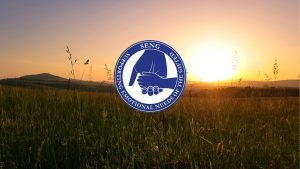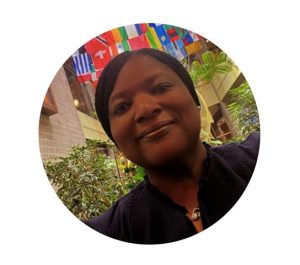Denise Michele Hicks, YSBH EdS PMP
Denise Michele Hicks is originally from a Blue Star Military Family in Chicago, Illinois. She is the current President of the Arizona Association for Gifted and Talented. While in Chicago Public Schools, she participated in gifted programming and STEM enrichment services. She is an alumna of the University of Illinois at Urbana-Champaign and Northwestern University, working to continue her family legacy of service in public science, public education, and public health. As a member of SENG's Board of Directors, she will continue to work with the NAGC STEM Committee, NAGC Javits-Frasier Scholars' Program, and NAGC Dr. Martin Jenkins Scholars Program. She is looking forward to working further on STEM Future-Thinking and CSI Impact projects. She has completed advanced certifications in Gifted and Talented Education at the University of Connecticut at Storrs. Currently, while working on her doctoral studies in STEM Ed Leadership, she serves at Arizona State University in the Center for Bio-mediated, Bio-inspired Geotechnical Engineering Laboratory, ASU ACCESS Educational Program Initiatives and the US Military Academies' Advising Team for Arizona’s Congressional 3rd District.


